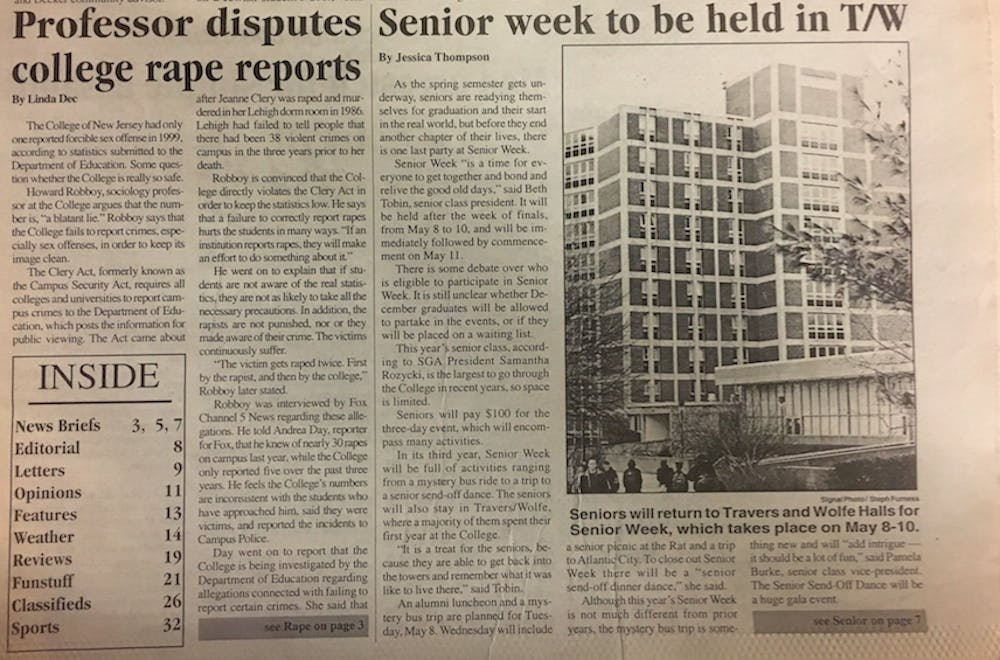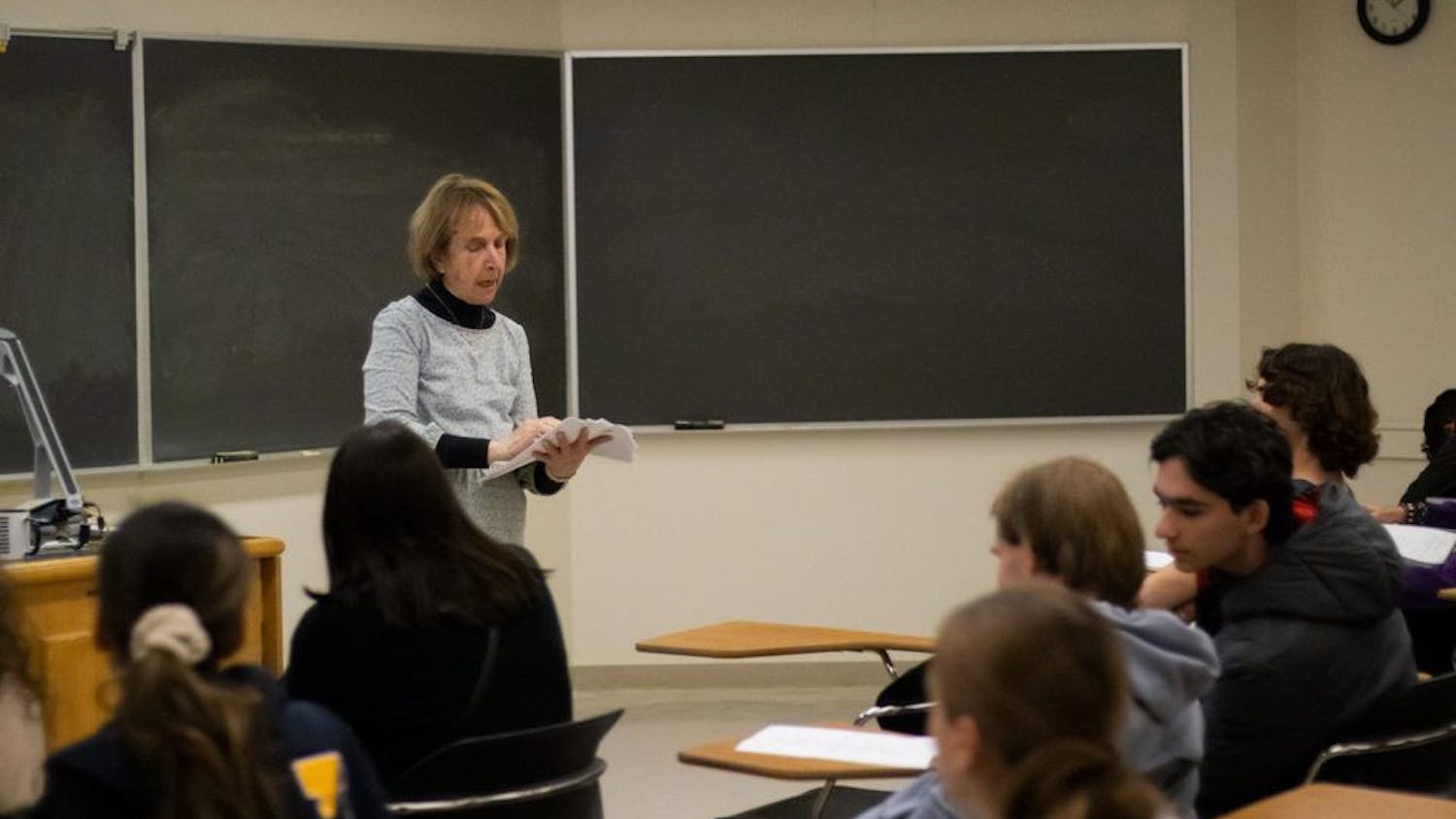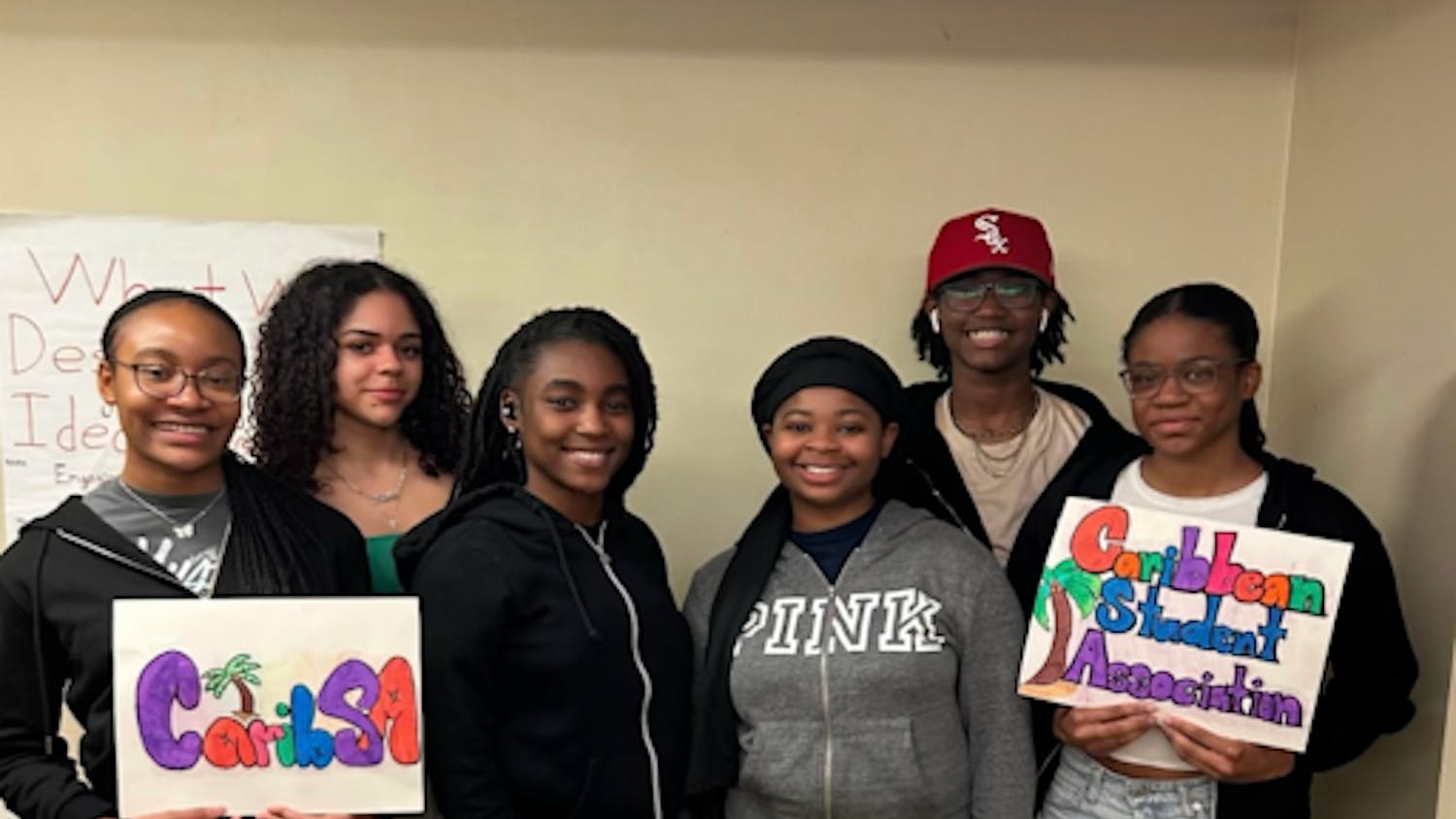Every week, Features Editor Alyssa Gautieri hits the archives and finds old Signals that relate to current College topics and top stories.
The College hosts a variety of events throughout April in honor of Sexual Assault Awareness Month in order to continue the conversation about sexual assault and rape culture. The College discusses sexual assault and promotes its available resources in order to encourage survivors to come forward. In 2001, a professor at the College accused administration of failing to report rape crimes on campus. While the College denied the claims, sexual assault has become a hot-button issue around the world and the College has begun to focus more on combating sexual assault and rape in recent years.

The College of New Jersey had only one reported forcible sex offense in 1999, according to statistics submitted to the Department of Education. Some question whether the College is really so safe.
Howard Robboy, sociology professor at the College argues that the number is, “a blatant lie.” Robboy says that the College fails to report crimes, especially sex offenses, in order to keep its image clean.
The Clery Act requires all colleges and universities to report campus crimes to the Department of Education, which posts the information for public viewing.
Robboy is convinced that the College directly violates the Clery Act in order to keep the statistics low. He says that a failure to correctly report rapes hurts the students in many ways. “If an institution reports rapes, they will make an effort to do something about it.”
He went on to explain that if students are not aware of the real statistics, they are not as likely to take all the necessary precautions. In addition, the rapists are not punished, nor or they made aware of their crime. The victims continuously suffer.
“The victim gets raped twice. First by the rapist, and then by the College,” Robboy later stated.
Jesse Rosemblum, associate vice president for college relations said “forcible sex offenses don’t necessarily mean rape. There are definitions within definitions.”
According to the Clery Act definitions, forcible sex offenses are classified as, “Any sexual act directed against another person, forcibly and/or against that person’s will; or not forcibly or against the person’s will where the victim is incapable of giving consent.” This is consistent with the College’s definition on its annual security report.
In response to the other accusations, Rosemblum stated, “If anyone claims knowledge of crimes on campus that allegedly have not been reported by the College, I believe there is an obligation to substantiate those claims. I would welcome such evidence.”







